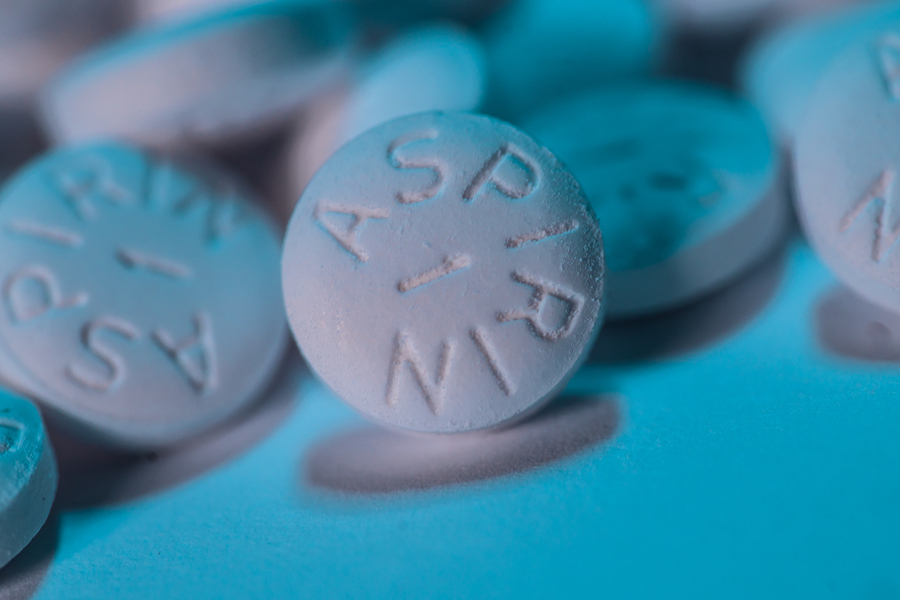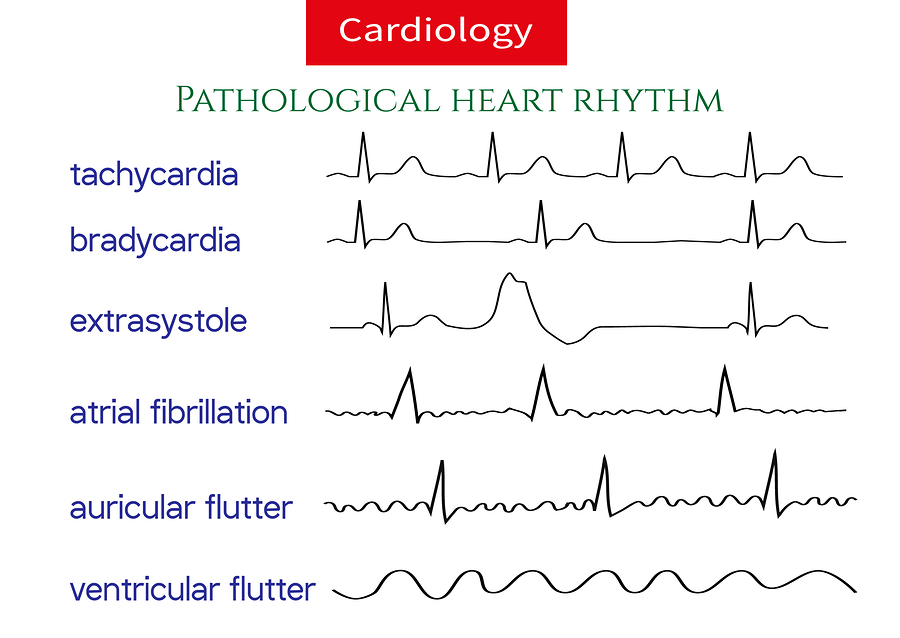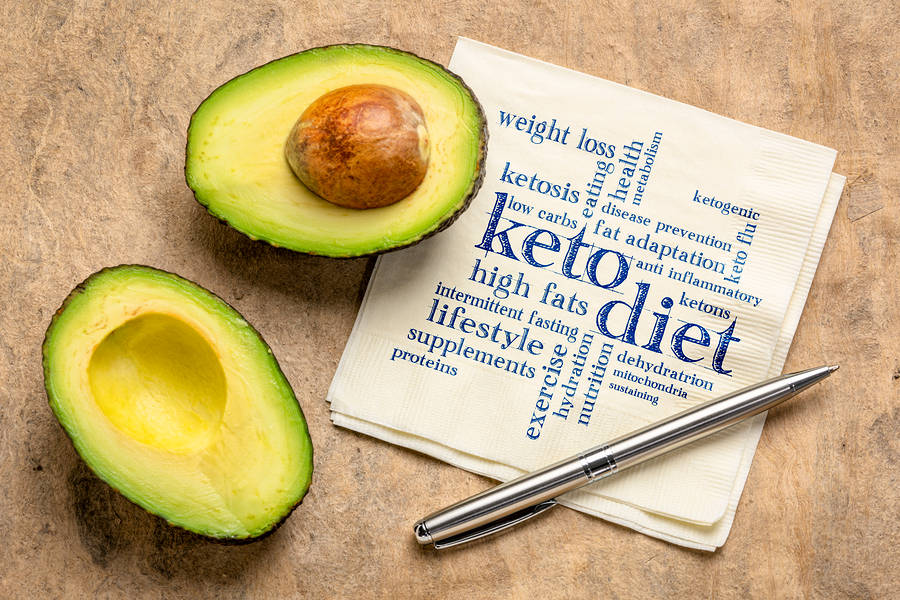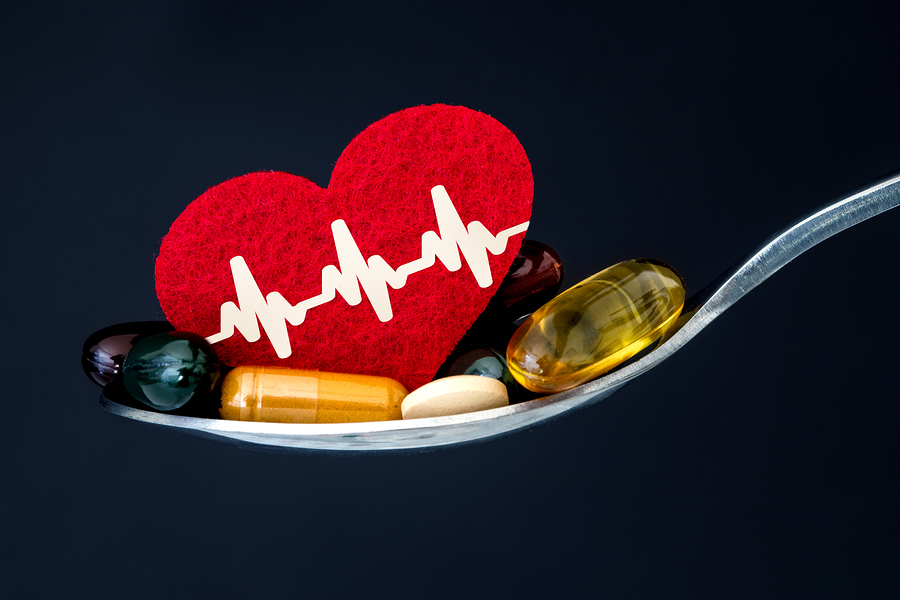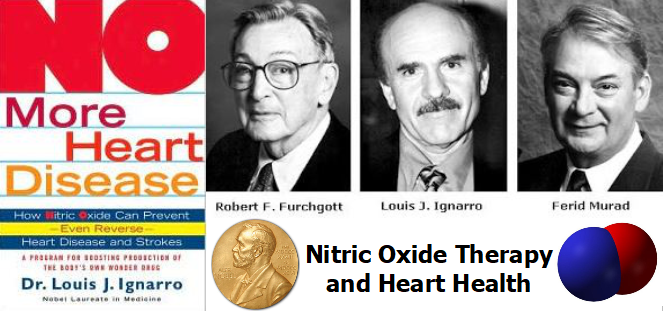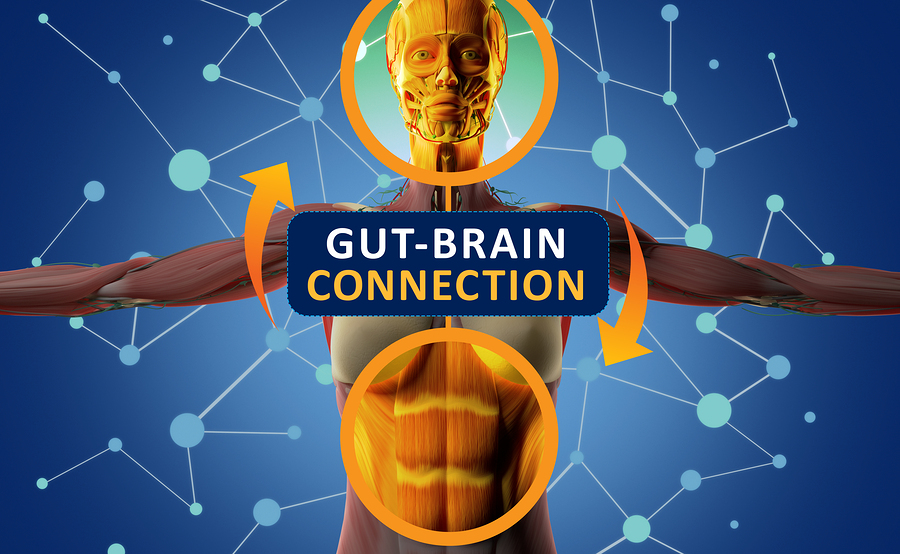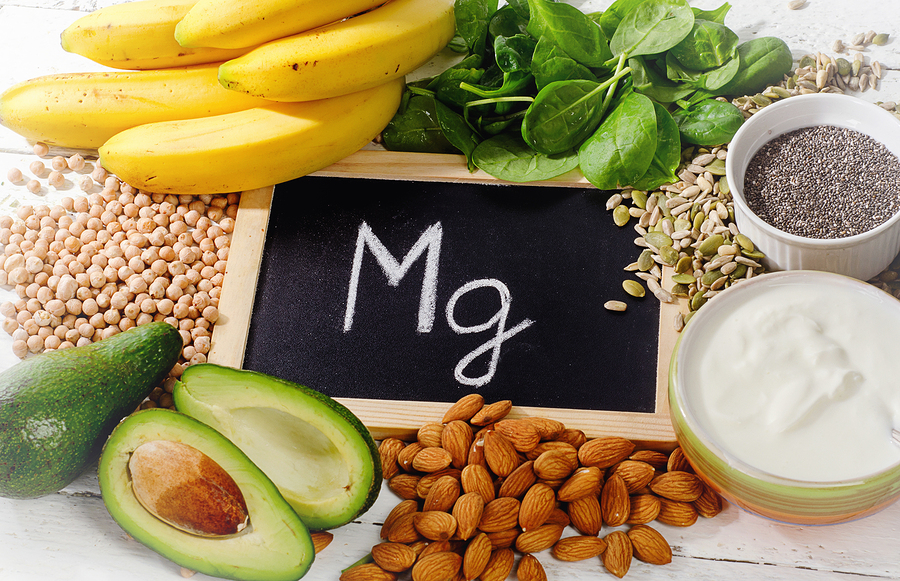An aspirin a day has now become a big controversy in the medical and pharmaceutical industry. What has been preached in TV ads, and at doctor offices, has been thrown out the window.
At least for a large segment of the population.
This controversy around an aspirin a day has created the following headlines. From Yahoo Health News we get:
“Don’t take an aspirin a day to prevent heart attacks and strokes: Doctors reverse recommendation”
Now if you didn’t read the article you would think this applies to all people. And that aspirin can’t prevent heart attacks and strokes.
The following headline from USA Today is more accurate to the newly published study:
“Low-dose aspirin has no effect, causes harm in some older people, study says”
Sounds a bit like Yoda from Star Wars talking about this new study.
Well before we talk about the study, I want you to understand that this controversy is not new. In fact, I created a YouTube video on this topic 6 years ago. And my opening statement is,
“There is a new medical controversy about the use of aspirin for the prevention of heart disease especially in the area of preventing heart attacks and strokes.”
I’ve placed this video below. As you can see by the title “Aspirin vs Nitric Oxide for the Prevention of Blood Clots”, there is a natural ingredient that your body produces that keeps blood platelet cells from sticking together.
Learning how to optimize your nitric oxide levels can help you naturally reduce your risk for heart attacks and strokes.
As Aspirin a Day – Current Study
Let’s get back to the current controversy about an aspirin a day and what this new study actually says. The title for this study is:
Effect of Aspirin on Disability-free Survival in the Healthy Elderly
There were over 19,000 people in this study with a median age of 74 years old. They were randomly assigned to receive either an aspirin or a placebo.
The study showed that the rate of death, dementia, or persistent physical disability was almost identical for both groups. For the aspirin groups it was 21.5 per 1000 people and 21.2 per 1000 people for the placebo group.
And compliance was not the issue. In the final year of this study the participation percentage was close to being identical. 62.1% for the aspirin group and 64.1% for the placebo group.
And here is the stated conclusions taken directly from this study about an aspirin a day:
CONCLUSIONS
Aspirin use in healthy elderly persons did not prolong disability-free survival over a period of 5 years but led to a higher rate of major hemorrhage than placebo.
As you can see from these conclusions, the authors of this study do not believe an aspirin provides any benefit to older adults in lowering their risk for disease. And that the use of aspirin increased the probability of experiencing major hemorrhaging.
Which is want the video I produced 6 years ago was all about.
Now there have been additional articles written to help people adopt lifestyle changes that will reduce their risk for heart attacks and strokes. Here’s one just posted on March 19, 2019 with the following headline:
Aspirin is out. Here’s how healthy older adults can prevent heart attacks, strokes without pills
And the 4 lifestyle changes the author recommended were:
- Eat these foods (mainly plant based nutrition)
- Regularly exercise
- Keep a healthy weight
- Don’t smoke
And while all of these recommendations are good, this author and the medical profession still do not list nitric oxide therapy as a valid way to help keep blood platelet cells from sticking together to naturally reduce your risk for a stroke or heart attack.
I’m a firm believer that nitric oxide naturally does what aspirin tries to do. But without the negative side effects. So watch the video above. This way you can make your own decision on what you should do to help lower your risk.
Blessing Lives Through Nitric Oxide Therapy!
Dan Hammer
